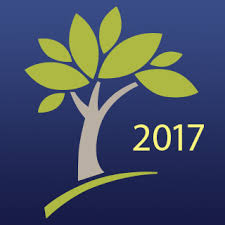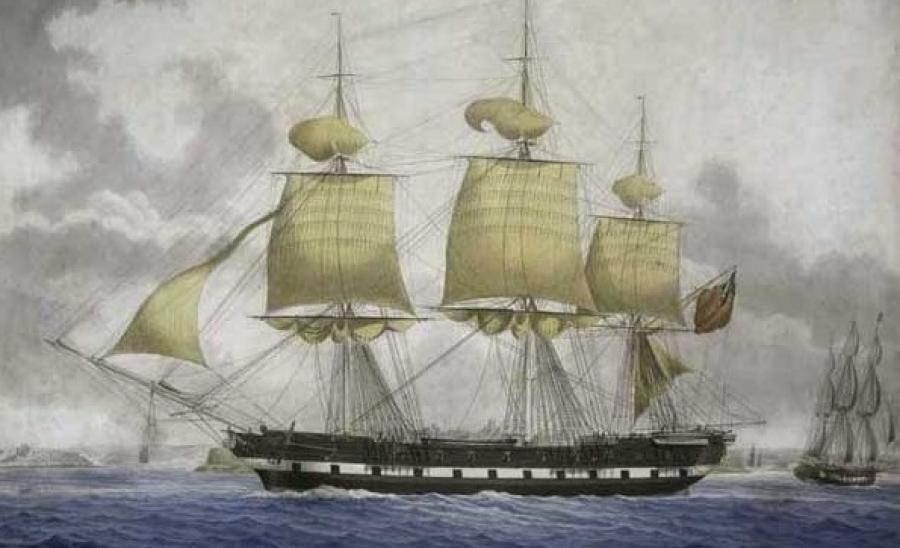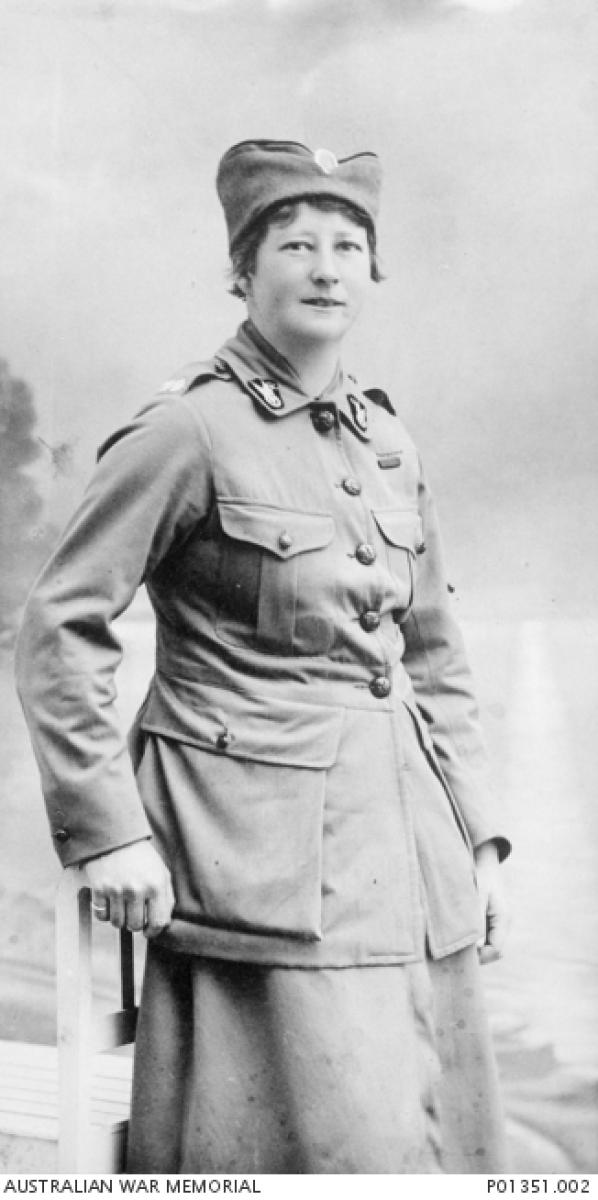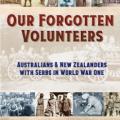What's coming up? 'COLD CASES' AND POLISH ANCESTOR RESEARCH
Two interesting presentations are coming up at the GSV. On 13 June there is a video presentation on 'Cold cases: brickwall strategies'and you should book early for an interesting presentation by George Helon on 17 August, Tracing Your Polish and Eastern European Ancestors. More information is given below.
Bookings are essential for both events and members and non-members are welcome. Click on 'ALL EVENTS' on our web home page for more details about booking.
Cold Cases: brickwall strategies
Thursday 13 June from 12 noon -1 pm.
Video. Speaker: Lisa Louise Cooke.
Apply principles used by cold case detectives to your genealogical brick wall 'cold cases' in this vital video session. You’ll learn to track ancestors like a bloodhound, sniffing out holes in your research and getting missing information on the record"
Tracing Your Polish and Eastern European Ancestors
Saturday 17 August from 10 am to 12 noon.
Presented by George Helon
George is an author and a genealogist with an extensive knowledge of Polish family history research. He presentation will address:
· My ancestors were from Poland – “Oh really! From where exactly?”
· All records destroyed: Fact, Fiction, Myth – the Reality!
· Poland – A Short History of Events and Boundaries.
· English: Forget It!
· Language Essentials: Translations, Transliterations, Transcriptions and Variant Forms.
· Your Name: A Key that Can Open Doors.
· Place Names: Gazetteers, Maps and Online Sources and Resources.
· Deportation, Emigration and Immigration.
· Records, Resources and Archives.
· Are you a Noble Person?
· DNA: It actually Works – Utilise It!
· Knocking Down those Brick Walls.
There will be time for general discussion and questions. Participants will be welcome to take notes and photographs (without flash), but strictly no recording or filming without express permission.
So this is a great opportunity to benefit from a lifetime of interest in this area.
Some background to our presenter:
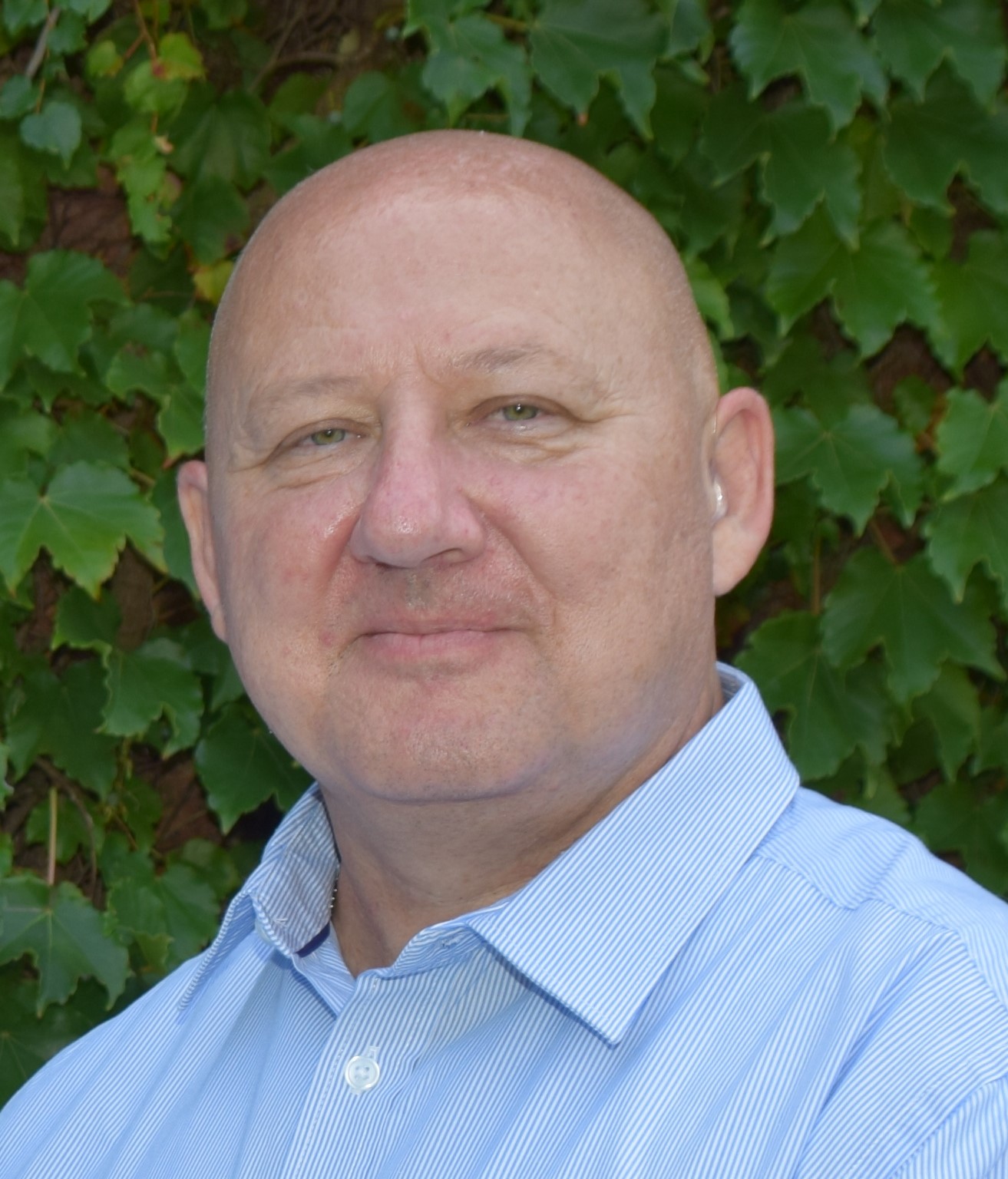
George Helon is a Life Member of the GSV and on the Board of Trustees of the Polish Nobility Association Foundation (PNAF) based in the USA. His families were expelled at gun-point from the Kresy Region of Poland by the Soviet KNVD and deported to Siberia on 10 February 1940. He is also a Freeman of the City of London, an historian, lecturer, author and genealogist; an etymologist and ethnographer; a theologian; a social commentator and an author of numerous books and articles published in Australia, the USA and in Poland. He has almost 40 years’ experience in genealogy and family history.
George’s most notable works include First Names of the Polish Commonwealth: Origins & Meanings (with William F. Hoffman, 1998), Aboriginal Australia(short title, 1998), and The English-Gooreng Gooreng-English Dictionary (1994).
For further information visit www.georgehelon.com
***
|
|
|
***




 Graeme Mackenzie
Graeme Mackenzie
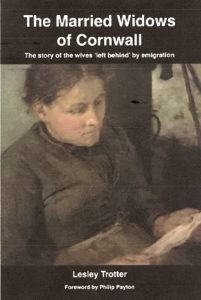
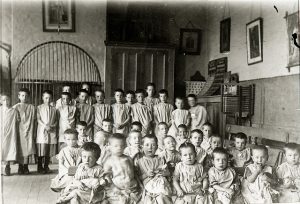 Children at Crumpsall workhouse 1897
Children at Crumpsall workhouse 1897
